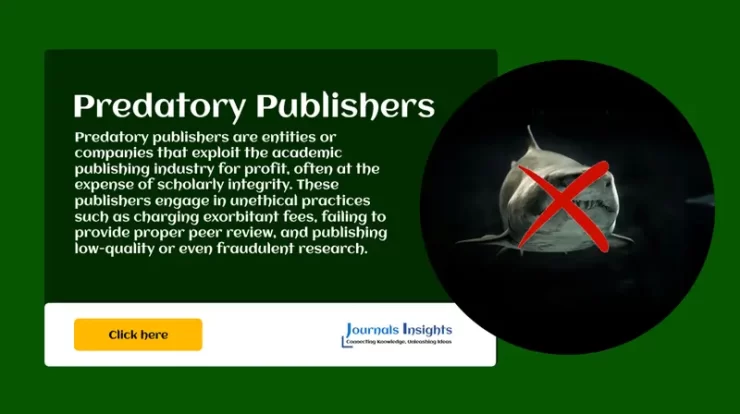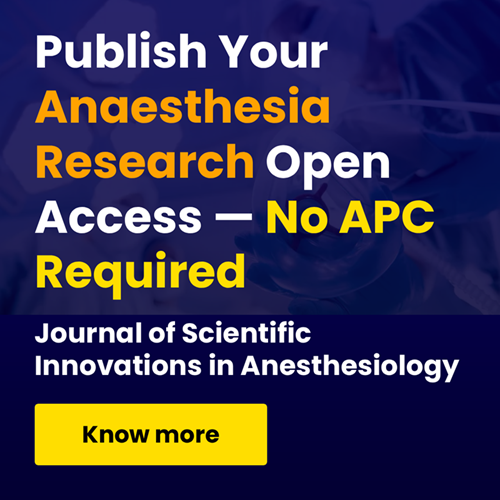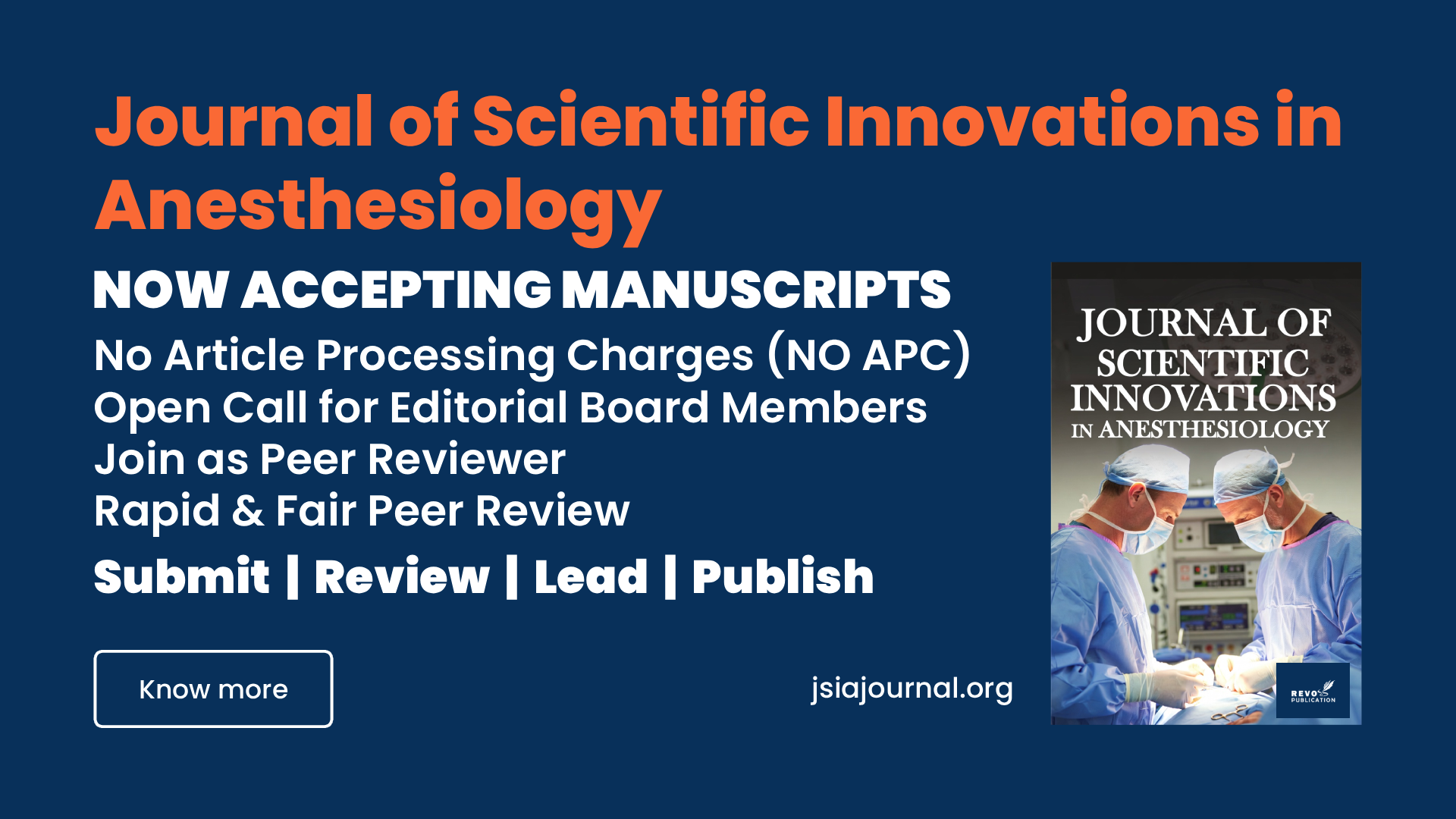4OR Impact Factor, Quartile, Indexing, Ranking

4OR (4) is a scholarly journal dedicated to publishing research in the field of Mathematics, and Published by Springer. The Print-ISSN of 4OR is 1619-4500 and its abbreviation is 4OR.
The latest Impact Factor of the 4OR for 2026-2027 is 1.7.The Publicaiton fees (APC) is £2190.00 / $3090.00 / €2490.00.
4OR Aim and Scope
4OR - A Quarterly Journal of Operations Research is jointly published by the Belgian, French and Italian Operations Research Societies. It publishes high quality scientific papers on the theory and applications of Operations Research. It is distributed to all individual members of the participating societies. The journal consists of several sections:
· Invited Survey. This section is limited to one paper per issue, and consists of "state-of-the-art surveys" written by prominent researchers on invitation from the Editors-in-Chief.
· Research Papers. This section is the core of the journal. Its aim is to publish high quality scientific papers within a short period of time, allowing OR researchers to communicate innovative results in a fast and efficient way. The emphasis on scientific rigor and on innovation implies, in particular, that the journal does not publish articles that:
o present complex variants of classical models (e.g., inventory, production planning or supply chain models) obtained by adding artificial features (multiple objectives, fuzzy parameters,…), typically formulated as long and unsolvable MIPs, and finally solved through arbitrarily chosen metaheuristics. Such articles do not pass the “innovativeness” criterion, since the same incremental process can be indefinitely applied without bringing any new knowledge about the problem under consideration;
o simply propose disguised variants of known methods or theoretical results like, e.g.,
1. "new" metaheuristics that are claimed to be “effective” on the sole basis of metaphorical comparisons with natural or artificial systems and processes, or
2. "new" optimization algorithms derived from existing ones by exploiting some of their "degrees of freedom" to produce formally different but largely equivalent methods, or
3. "new" classes of optimization problems that slightly generalize existing ones, not justified by compelling applications and for which theoretical results barely extend the already available ones.
New methods must be presented in metaphor-free language and in a way which clarifies their relationship with classical paradigms. Their properties must be established on the basis of scientifically compelling arguments: mathematical proofs, controlled experiments, objective comparisons, etc. Except possibly for the proposal of entirely novel approaches or classes of problems, any theoretical analysis is expected to be complemented with a thorough experimental investigation that clearly proves significant improvements in the computational behavior of the newly proposed approach wrt all the relevant competitors from the literature or available software packages.
The emphasis on short turnaround implies that “minor revisions” must be resubmitted within a short period of time and that "major revisions" are treated as rejections.
· Industry. This section offers a means of communication between OR practitioners and academics. Papers published in this section can consist of case studies, state-of-art papers on the use of OR techniques in industry, or open industrial problems.
· Education papers. Papers in this section give a new look and/or comments on existing knowledge, aimed at improving the quality of OR teaching, while also being accessible and interesting to a wider audience. Potential contributors should contact one of the Editors-in-chief before preparing a paper.
· A PhD section publishes selected 2-page abstracts of recent PhD theses in operations research defended either in Belgian, French or Italian institutions, or by Belgian, French or Italian citizens. Abstracts must follow strict style guidelines, see http://4or.be/PhD.pdf.
All papers are handled by the Editors-in-Chief and other members of the Editorial Board. The journal does not publish special, guest-edited issues.
4OR Details
| Journal title | 4OR (4) |
| Abbreviation | 4OR |
| Print ISSN | 1619-4500 |
| Online ISSN | 1614-2411 |
| Publisher Name | Springer |
| Editor-in-chief | Yves Crama, HEC Management School, University of Liège |
| Subject Category | Mathematics |
| Status | 🟢 Active |
4OR Metrics and Rankings
In the context of academic journals, "Metrics and Rankings" refer to various measures and evaluations used to assess the quality, influence, and impact of a journal.
Below are the metrics and rankings for the journal 4OR
| Impact Factor | 1.7 |
| SJR | 0.661 |
| SNIP | 1.484 |
| Ranking | 8002 |
| CiteScore | 3.3 |
| H-Index | 46 |
| Quartile | Q2 |
4OR Article Processing Charge (APC)
| Article Publication Charges (APC) |
£2190.00 / $3090.00 / €2490.00 ✳️Without APC Mathematics Journals |
4OR Abstracting and Indexing
Abstracting and Indexing (A&I) refers to the processes that help organize and categorize academic journals, making them easier to find and access for researchers and scholars
| Abstracting and Indexing |
4OR Submission
If you would like to submit a manuscript or visit the journal's website, please click on the link below.
| Journal Submission | 🔗 Journal Website |
Advertisement
Mathematics Journals List
- Advances in Operator Theory Mathematics Impact Factor, Indexing, Ranking
- Advances in Applied Mathematics and Mechanics Mathematics Impact Factor, Indexing, Ranking
- Advances in Applied Mathematics Mathematics Impact Factor, Indexing, Ranking
- Advances in Computational Mathematics Mathematics Impact Factor, Indexing, Ranking
- Advances in Computational Design Mathematics Impact Factor, Indexing, Ranking
- Advances in Applied Clifford Algebras Mathematics Impact Factor, Indexing, Ranking
- Advances in Aerodynamics Mathematics Impact Factor, Indexing, Ranking
- Advanced Modeling and Simulation in Engineering Sciences Mathematics Impact Factor, Indexing, Ranking
- ACM Transactions on Computation Theory Mathematics Impact Factor, Indexing, Ranking
- 4OR Mathematics Impact Factor, Indexing, Ranking


